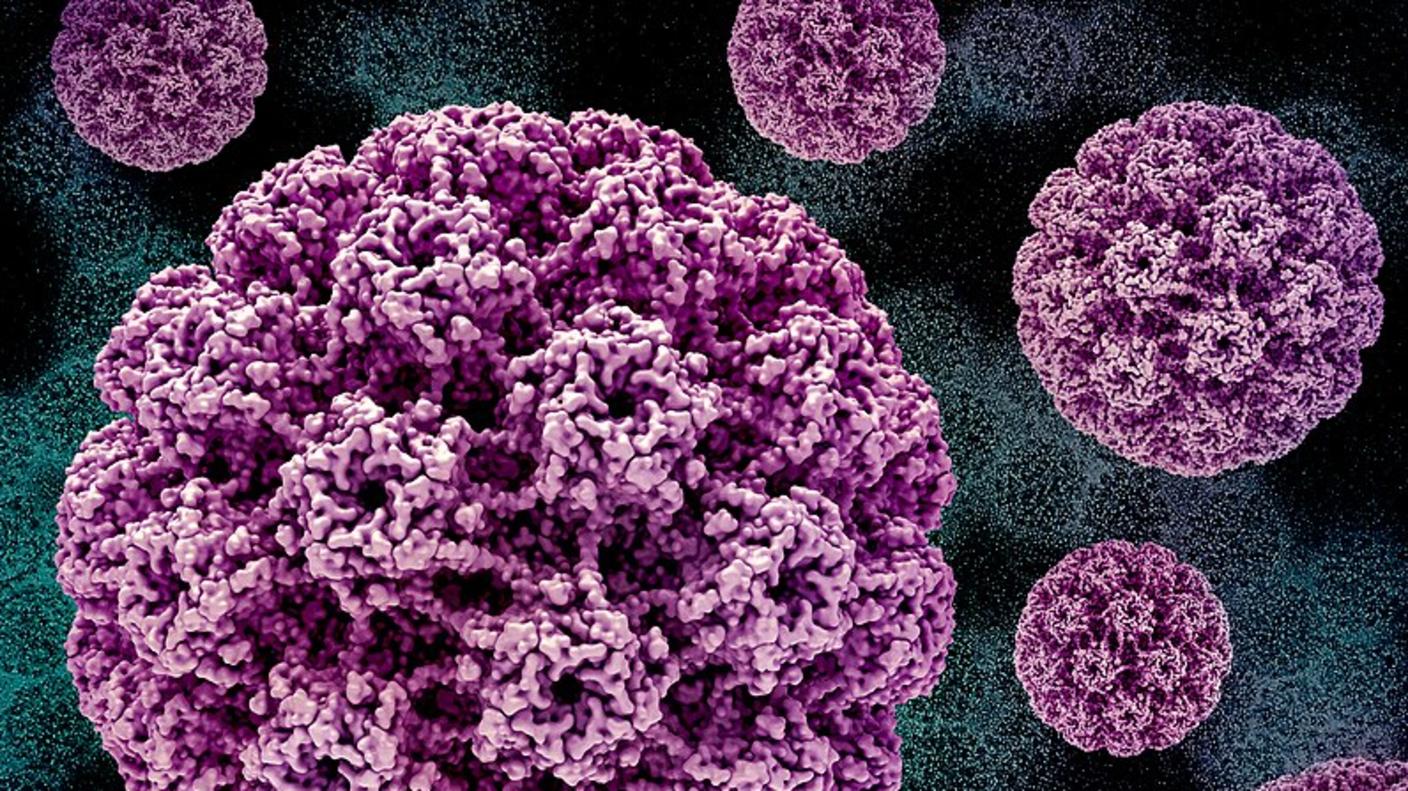Immunologic Factors
Altered immunity and chronic inflammation appear to play a key role in the etiology of several malignancies. DCEG researchers investigate the role of the immune system in cancer etiology, measuring immune response as part of the host response to exogenous exposures. For example, we are closely examining the substantially elevated cancer risk among solid organ transplant recipients who receive long-term immunosuppressant medications to prevent organ rejection. We are also considering how chronic inflammation from infection is related to cancer risk, as demonstrated by H. pylori with gastric cancer and periodontal hygiene with oral and esophageal cancers.
Examples of Studies Involving Immunologic Factors
-
HIV/AIDS Cancer Match Study
The HIV/AIDS Cancer Match Study (HACM) is an observational study of nearly 1 million people with HIV across multiple regions of the United States. Investigators at the NCI use the study to understand better the role of the immune system and certain infections in the development of cancer. Understanding patterns of cancer occurrence in the population of people with HIV may help identify important opportunities for cancer prevention.
-
NCI International EBV-Gastric Cancer Consortium
A collaboration among NCI and extramural investigators, established by DCEG in 2006, that utilizes data and biospecimens from 18 completed and ongoing case series and observational studies of gastric cancer to replicate and extend findings from previous studies hindered by small numbers of EBV-positive cases, and to stimulate multidisciplinary research in this area.
-
Predictors of Outcomes after Allogeneic Hematopoietic Cell Transplantation (HCT)
This research area focuses on studies of identifying predictive biomarkers of clinical outcomes in patients receiving allogeneic hematopoietic cell transplantation (HCT).
-
Transplant-Associated Malignancies
Study of the etiology of cancer among solid organ transplant recipients, using state and regional cancer registries and the U.S. registry of transplant recipients
-
Transplant Cancer Match Study
The Transplant Cancer Match Study uses electronically linked data from transplant and cancer registries to study the epidemiology of cancer in the U.S. transplant population. The goal of the study: to determine the overall pattern of cancer in transplant recipients and identify key risk factors for individual cancer types; as well as to understand the role of the immune system in cancer development and clarify the contributions of medical conditions, chronic viral infections, and specific medications.
